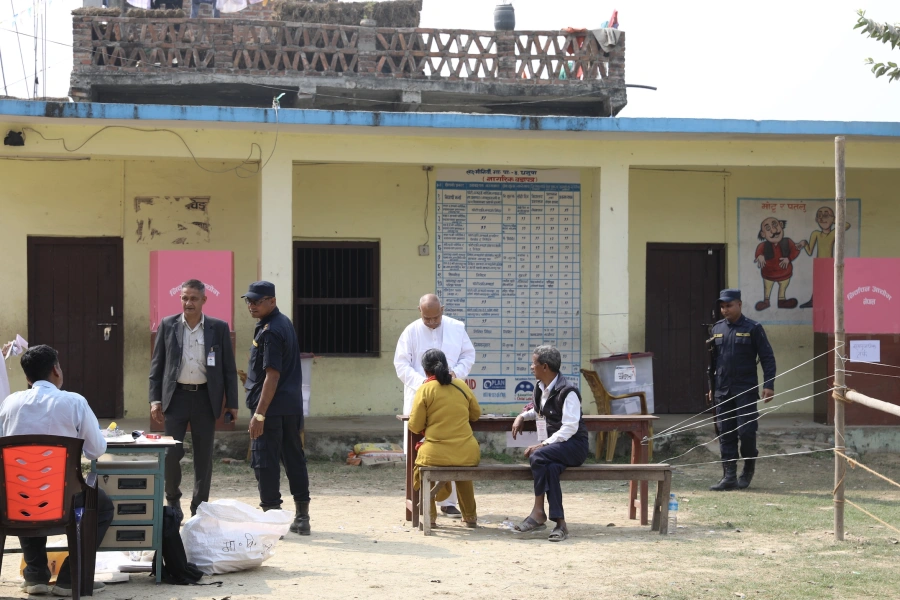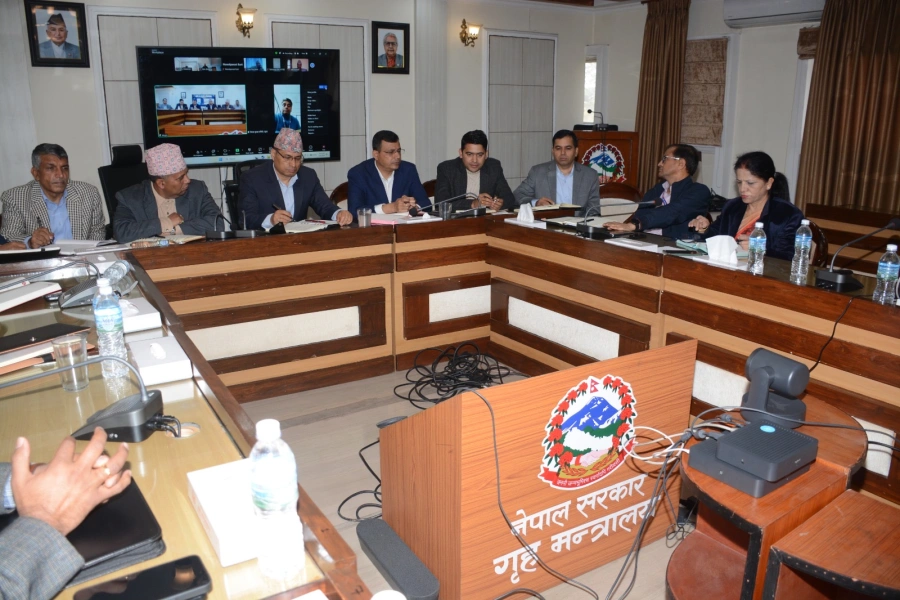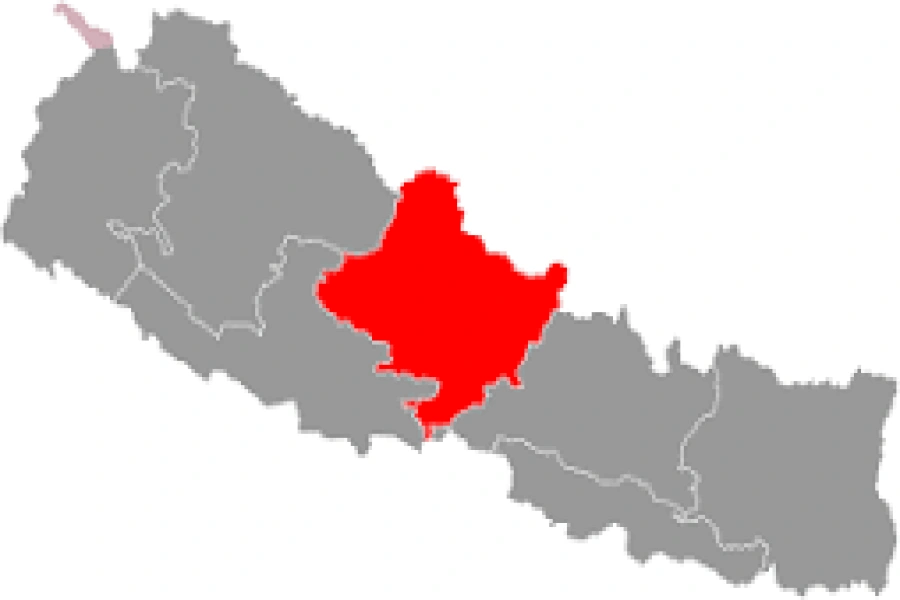KATHMANDU, July 28: Nepal Rastra Bank (NRB) has amended the Unified Directives 2079 BS issued for A, B and C class banks licensed by the central bank.
Issuing a circular on Friday, NRB said it has re-implemented the provision of 'counter cyclical buffer'. It was suspended from Fiscal Year 2076/77 due to the COVID-19 pandemic.
The central bank has brought this provision for managing the capital adequacy framework of banks. Accordingly, banks except national level development banks will have to implement the provisions related to counter cyclical buffers in accordance with the Capital Adequacy Framework, 2015.
The counter cyclical buffer rate is determined on the basis of the difference between the Gross Domestic Production (GDP) and the net credit flow.
China's premier says should use counter-cyclical measures 'more...

According to NRB, the counter cyclical buffer checks the unrestrained loan outflow and this provision is made to manage the possible crisis in the banks and financial institutions.
The Basel Committee on Banking Supervision issued a document titled 'Basel-3: A Global Regulatory Framework for More Resilient Banks and Banking System' in December 2010, through which it brought this provision to protect the financial institutions from financial risk and to reflect their actual representation in the economy.
NRB too has been issuing directives to the banks and the financial institutions at various times for the implementation of the Basel-3 provision.
NRB has made Permanent Account Number (PAN) mandatory for loans exceeding Rs 2.5 million.
Before this, PAN was mandatory for issuing loans of Rs 5 million or above. The borrower should mandatorily produce PAN for this purpose, it is stated.
Similarly, the Unified Directive has lowered the repo rate by 0.50 percentage points.
(RSS)





































